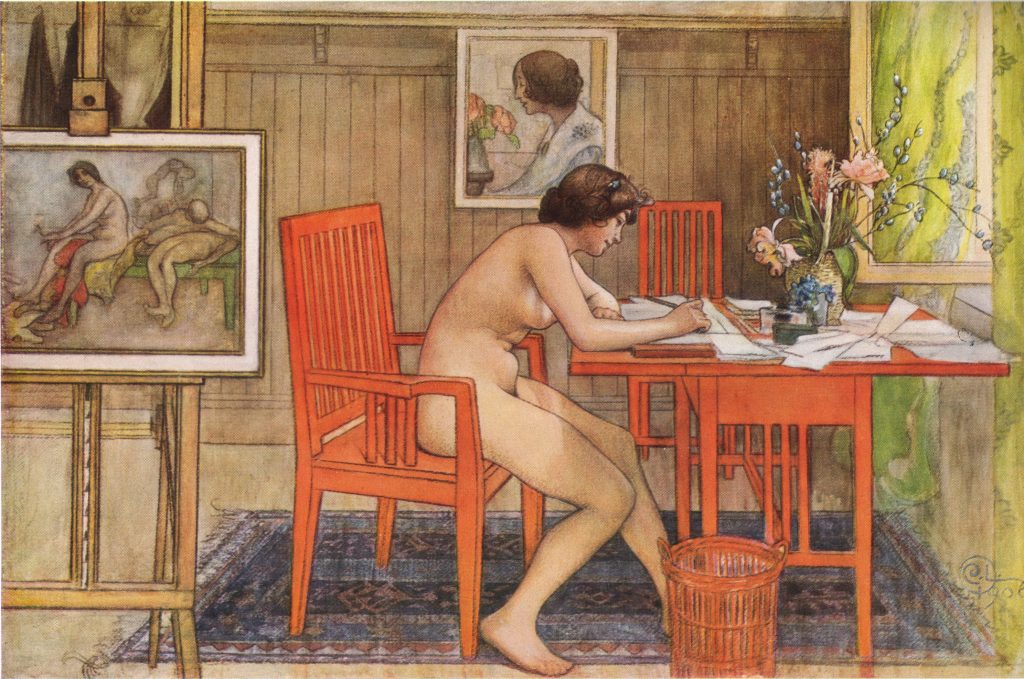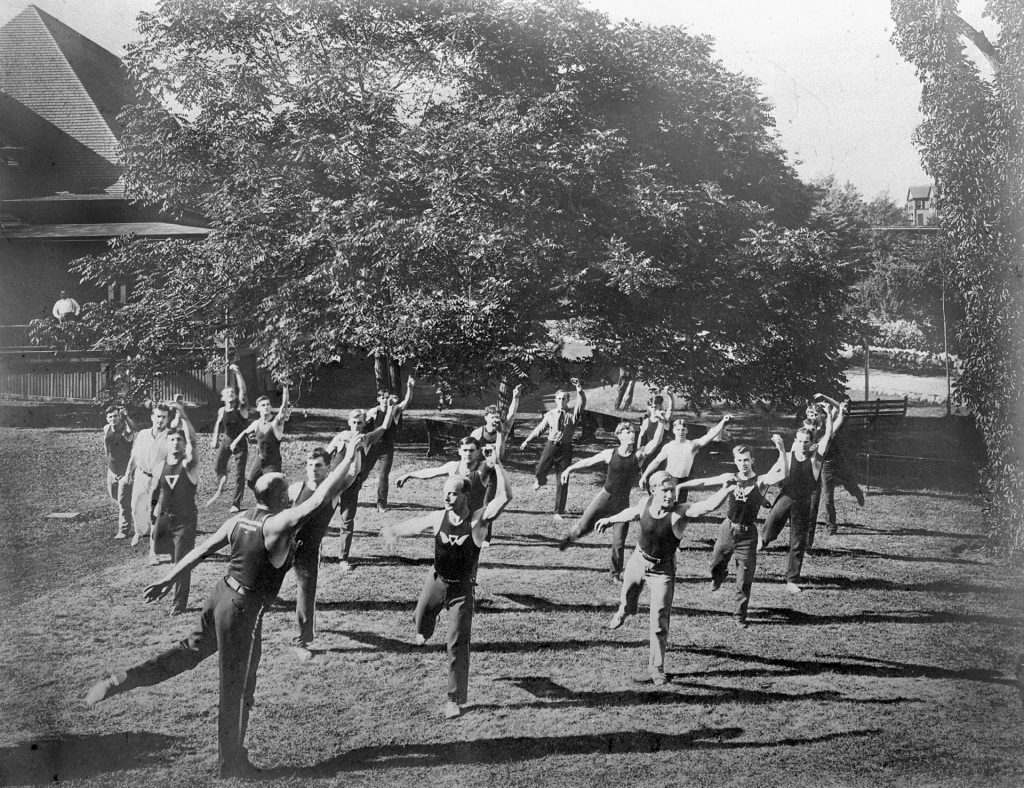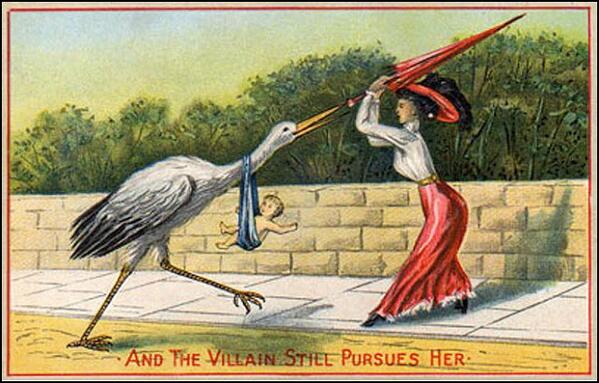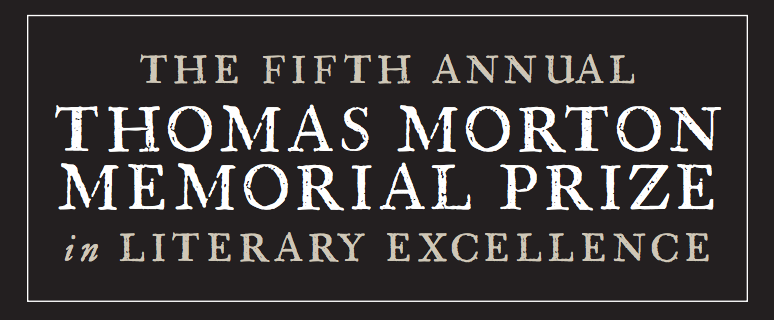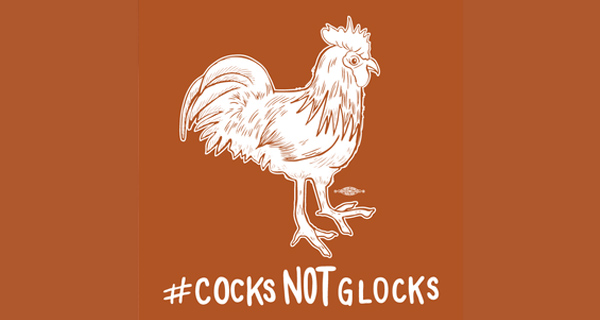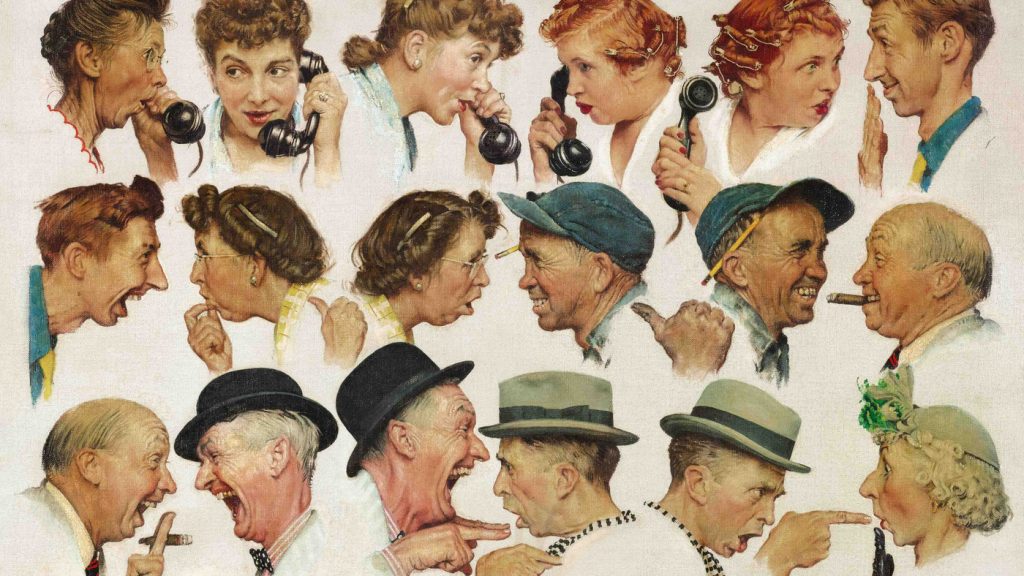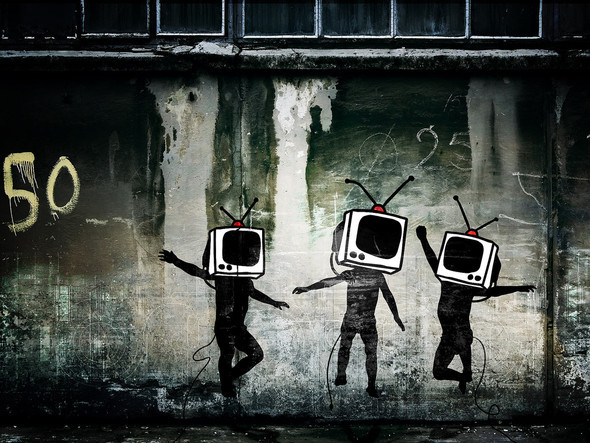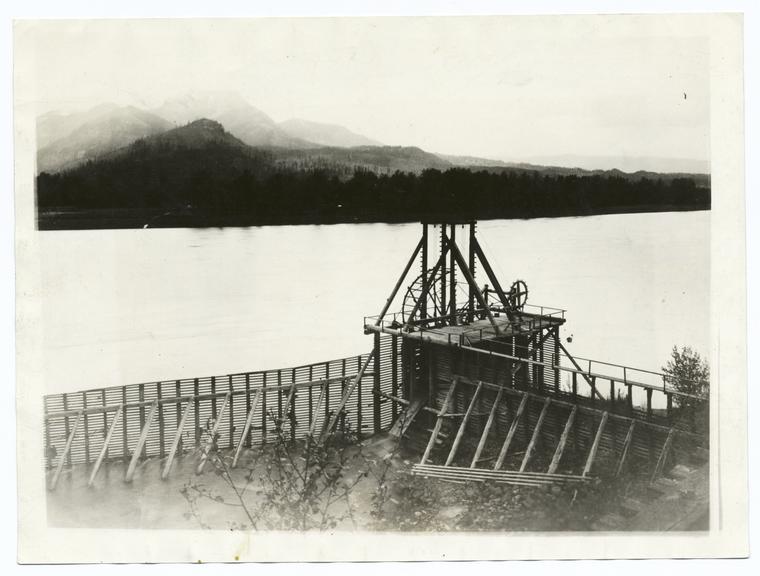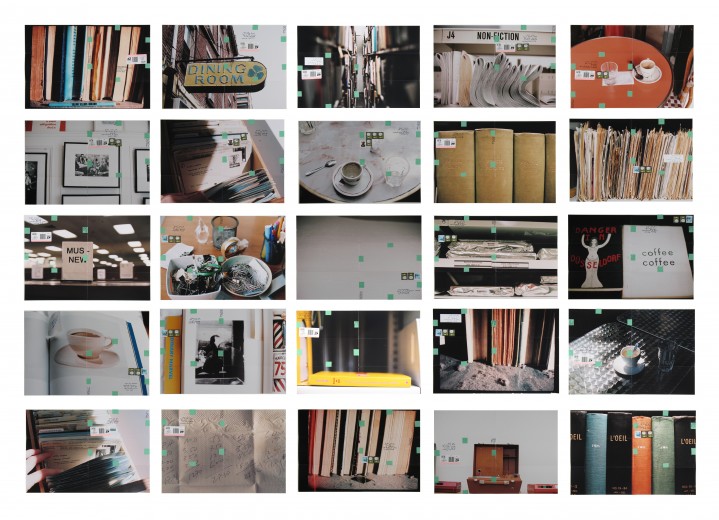On Writing Furtively
I learned, in those years, how to write when I did not feel like writing. I learned how to write when inspiration did not come. How to write when every word felt wooden and false. And I learned, also, how to feel guilty on the days when I could not bear to write even a single, shitty sentence.
On Writing Furtively Read More »

